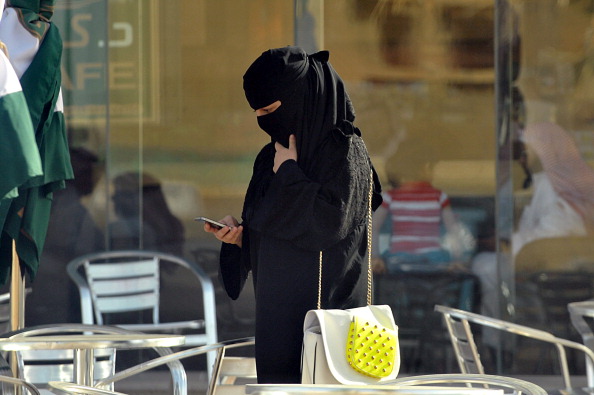Saudi Mobile Subscriptions Shrink On Labour Crackdown, Haj Limits
Subscriptions dropped to 51 million as of September 30, 2013, from 56.1 million two years ago.

Saudi Arabia’s mobile subscriber base has fallen by a tenth in two years following a crackdown on illegal workers, reduced quotas for religious pilgrims and stricter phone registration requirements, data from the industry regulator shows.
The drop to 51 million subscriptions as of Sept. 30, 2013, the most recently available data, from 56.1 million two years earlier marks the end of a remarkable growth phase that led the country to claim one of highest proliferations of mobile phones globally. The kingdom’s population was 27 million in July 2013, according to the CIA factbook.
Nearly one million foreign workers, out of roughly nine million, are estimated to have left Saudi Arabia from March to November 2013 as authorities enforced work permit rules and corporate quotas for employment of local citizens.
“The clampdown on illegal workers will have had some effect on operators’ earnings as people leave the country, but it’s likely these were among the lower spending customers,” said Martin Mabbutt, a telecom analyst at HSBC in London.
“We don’t know how far through the government is in terms of its drive to remove illegal immigrants from the country.”
The financial impact of the crackdown is already being felt in the telecom sector – No.3 operator Zain Saudi posted a widening fourth-quarter loss last week. This missed analysts’ forecasts and marked a deteriorating performance by the Zain affiliate following four straight quarters of narrowing losses.
As the smallest operator, Zain Saudi was most vulnerable to the labour crackdown, analysts said.
Mobily posted an 8.6 per cent rise in fourth-quarter profit, its weakest quarterly profit increase since 2011 and second-weakest quarter since the company broke even in 2006, Reuters data shows.
“Mobily warned us the labour crackdown would weaken its revenue,” said Asim Bukhtiar, Riyad Capital head of research.
“Operators believe these workers will return legitimately, but we’d expect some impact on earnings in the meantime.”
Saudi’s religious authorities cut the number of foreign pilgrims permitted at Islam’s annual haj by a fifth last year to allow expansion work at Mecca’s Grand Mosque. In 2012, more than three million people visited Mecca for the pilgrimage in what is a huge money-spinner for the mobile phone companies.
Foreign visitors often buy mobile subscriptions from Saudi’s telecom operators for the duration of their stay, usually to text or call home or local Saudi numbers.
Alternatively, they use foreign accounts for the same purpose, racking up roaming charges for accessing the Saudi operators’ networks, so fewer pilgrims will have hit revenue, as Zain Saudi noted in its financial results.
Mobile users also now require a national identification number to buy or top up a mobile account. This will have removed dormant accounts, but more importantly for the mobile companies illegal workers would not have such an identification number and so would have needed either to forfeit their phone or register it in a legal residents’ name.
